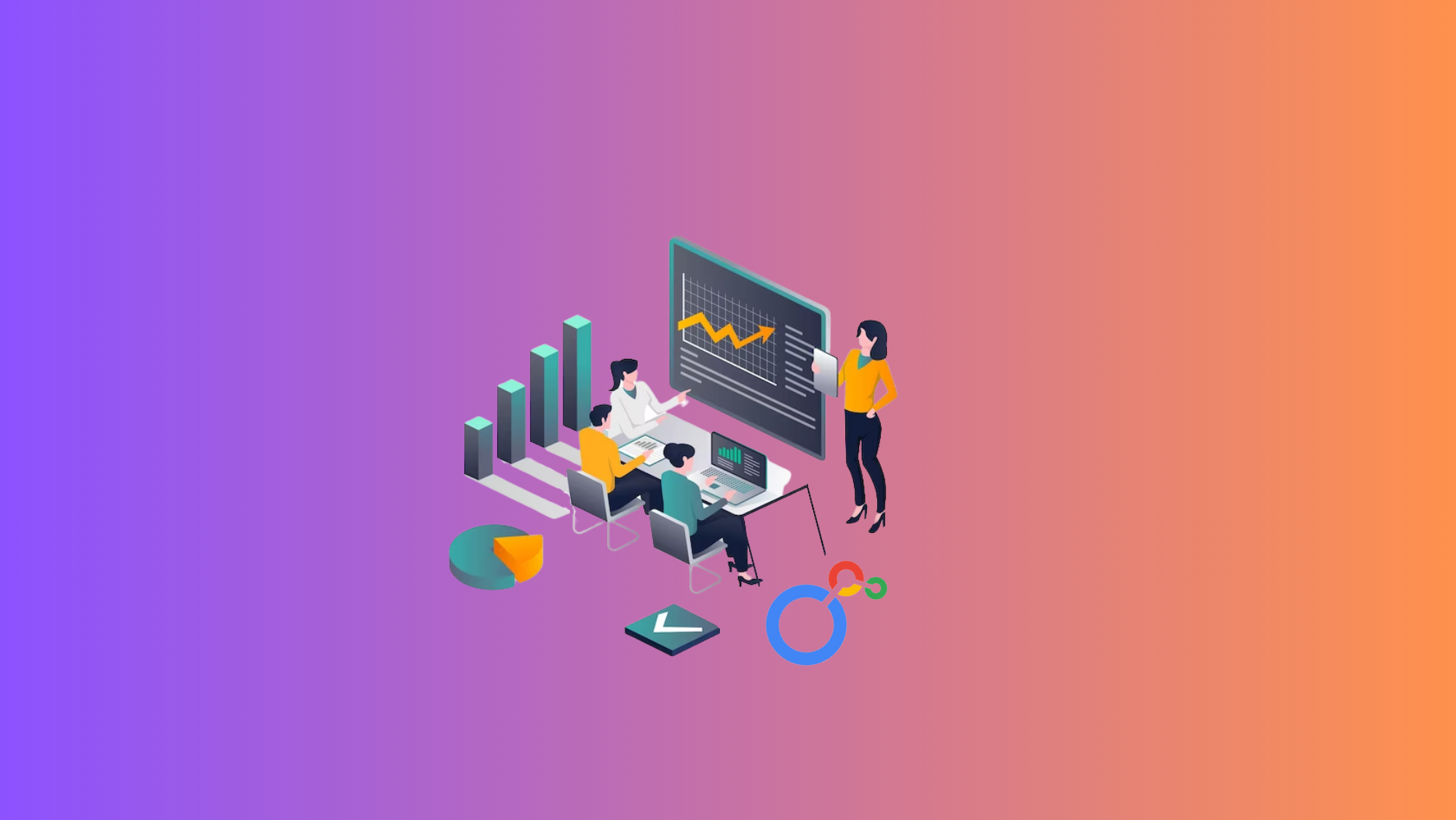4. Learning Formats and Resources:
Tableau training is available in different formats to suit individual preferences and learning styles. These include instructor-led classroom training, online courses, self-paced tutorials, and webinars. Tableau also provides extensive documentation, community forums, and video tutorials to support self-learning and knowledge sharing.
5. Certification and Career Advancement:
Tableau offers a certification program that validates your Tableau skills and expertise. Obtaining a Tableau certification can enhance your professional credibility, differentiate you in the job market, and open up new career opportunities. Certification exams are available for different skill levels, such as Tableau Desktop Specialist, Tableau Desktop Certified Associate, and Tableau Desktop Certified Professional.
6. Tableau Community and Networking:
Tableau has a vibrant and supportive community of users, known as the Tableau Community. Engaging with this community can provide valuable insights, tips, and tricks, as well as opportunities to collaborate and learn from fellow Tableau enthusiasts. Participating in Tableau user groups, forums, and social media channels can help you expand your network and stay updated with the latest trends and innovations in the Tableau ecosystem.
Who Can Do Tableau Training
Tableau training is beneficial for a wide range of individuals who are interested in data visualization, analysis, and reporting. Here are some of the key professionals who can benefit from Tableau training:
- Business Analysts: Tableau training helps business analysts effectively analyze data, identify trends, and present insights to drive informed decision-making.
- Data Analysts: Tableau training enhances the data analysis skills of professionals who work with large datasets, enabling them to create interactive visualizations and extract meaningful insights.
- Data Scientists: Tableau training complements the skills of data scientists by providing them with powerful visualization and reporting capabilities to communicate their findings effectively.
- Business Intelligence Professionals: Tableau training equips BI professionals with the skills to create intuitive dashboards, reports, and visualizations that enable stakeholders to understand complex data.
- Data Visualization Experts: Tableau training allows data visualization experts to deepen their knowledge and explore advanced techniques to create visually stunning and interactive visualizations.
- IT Professionals: Tableau training helps IT professionals understand how to connect Tableau with different data sources, manage server deployments, and provide secure access to data.
Educators and Researchers: Tableau training enables educators and researchers to effectively analyze and present data in educational and research settings, facilitating data-driven decision-making.
Anyone Interested in Data Visualization: Tableau training is open to individuals from any background who are passionate about data visualization and want to enhance their skills in presenting data effectively.
Prerequisites for Tableau Training
While Tableau training is designed to accommodate learners of various backgrounds and skill levels, having certain prerequisites can help you make the most of your training experience. Here are some common prerequisites for Tableau training:
-
Basic Computer Skills: Familiarity with basic computer operations, such as navigating file systems, using keyboard shortcuts, and managing files and folders, is beneficial for Tableau training.
-
Data Analysis Concepts: Understanding fundamental data analysis concepts, such as variables, datasets, statistical measures (mean, median, etc.), and basic data visualization principles, will provide a solid foundation for Tableau training.
-
Knowledge of SQL: Although not mandatory, having a basic understanding of SQL (Structured Query Language) can be advantageous. SQL knowledge allows you to effectively connect to databases, write queries, and work with data sources in Tableau.
-
Familiarity with Excel: Tableau integrates well with Excel, so having a basic understanding of Excel functionalities, such as creating spreadsheets, organizing data, and performing simple calculations, can be helpful.
-
Analytical Mindset: Developing an analytical mindset and critical thinking skills will enable you to effectively analyze data, identify patterns, and derive insights using Tableau.
It's important to note that while these prerequisites can enhance your Tableau training experience, they are not mandatory. Tableau training programs often cater to learners with diverse backgrounds and skill levels, providing foundational concepts and hands-on exercises to help you get started.
If you are new to any of the prerequisites mentioned above, don't worry! Tableau training typically covers introductory topics and provides resources to help you understand and apply these concepts effectively. So, whether you are a beginner or have some prior experience, Tableau training can accommodate your learning needs.
Conclusion:
Tableau training is a gateway to unleashing the full potential of data visualization and analytics. Whether you are a business professional, data analyst, or aspiring data scientist, Tableau training equips you with the skills to transform data into actionable insights. By mastering Tableau's features and best practices, you can effectively communicate complex information, make data-driven decisions, and drive business success. Invest in Tableau training to embark on an exciting journey of exploring and visualizing data like never before.
Remember, Tableau training is an ongoing process, as new features and updates are regularly introduced. Embrace the learning journey and continuously expand your Tableau skills to stay ahead in the dynamic world of data visualization.






No Comments Yet
Let us know what you think